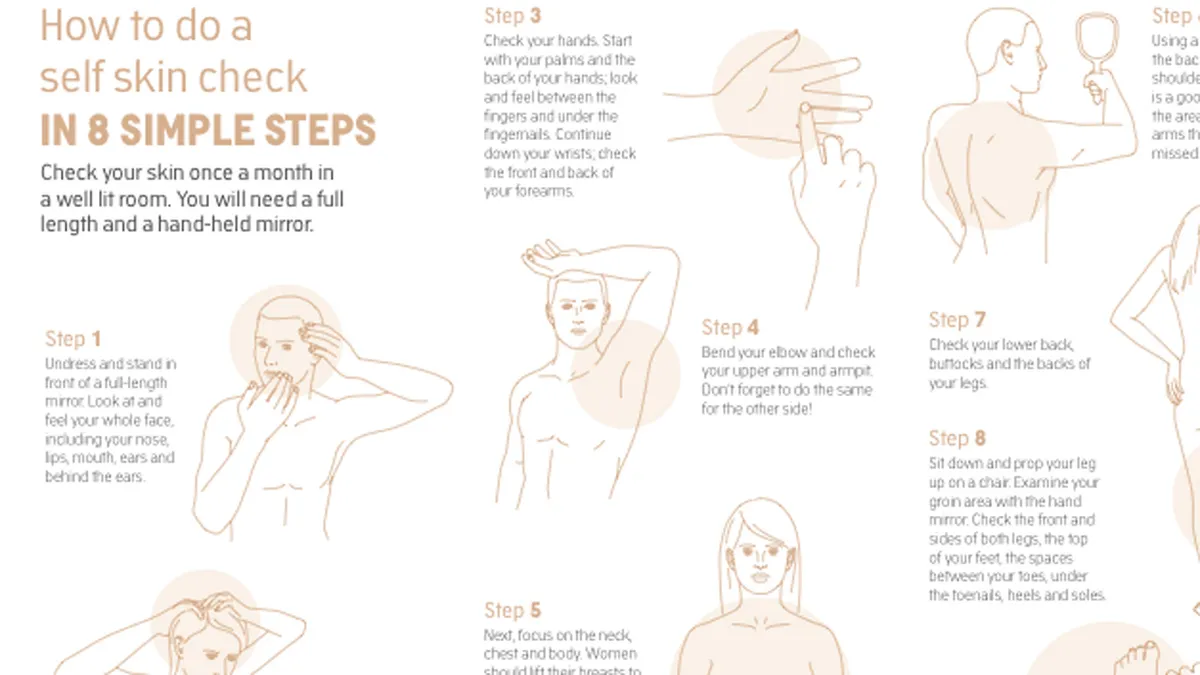A new campaign urging the UK to check their skin is targeting cyclists and anyone who spends a long time outdoors.
The Know Your Skin initiative, launched by pharmaceutical company LEO Pharma, is attempting to raise awareness of Solar Keratosis (SK) – a skin condition affecting up to 3 million people in the UK.
Solar Keratosis is the most common pre-cancerous skin condition with less than 50 per cent of the UK population having heard of it.
SKs are rough patches of skin that can vary greatly in size, shape and colour. The condition is caused by overexposure to sunlight and can on occasion develop into non-melanoma skin cancer.
Supported by the British Skin Foundation and Skcin charities, the initiative is encouraging people – and particularly cyclists, who may have spent a long time in the sun on sportives or long rides – to look at themselves before they wrap up for winter. A new website – www.knowyourskin.co.uk – includes tips and advice on how to do this.
There's also a video on how to check yourself and what to look out for.
The campaign advises to check your skin once a month and to keep an eye out for areas of sun-exposed skin that may have changed and become red, inflamed, itchy, painful areas of skin. Tips include carefully checking your fingers, fingernails and between layers of hair on your head.
Solar Keratosis particularly affects those over 40, fair-skinned, sun-bathers or sun-bed users, or who spend a lot of time in the sun.
Campaign supporter Dr Tony Downs, Consultant Dermatologist from the Royal Devon and Exeter Hospital, said: “In spite of all the information available to us on sun damage, many people are still forgetting the basics when it comes to looking after their skin. It’s easy to forget about the dangers of the sun in our country when we typically don’t experience it very often, however just because the sun isn’t shining that doesn’t mean there isn’t a risk of sun damage.
"Prolonged exposure to sunlight is the leading cause of solar keratosis – a condition that can lead to non-melanoma skin cancer in a small number of cases. The sun doesn’t discriminate so it’s important to be cautious all year round and watch out for signs of change to your skin, wherever you are and whatever the season, and to go and see your GP if you have any concerns.”

If you spend a lot of time outside you should keep an eye out for changes to your skin


